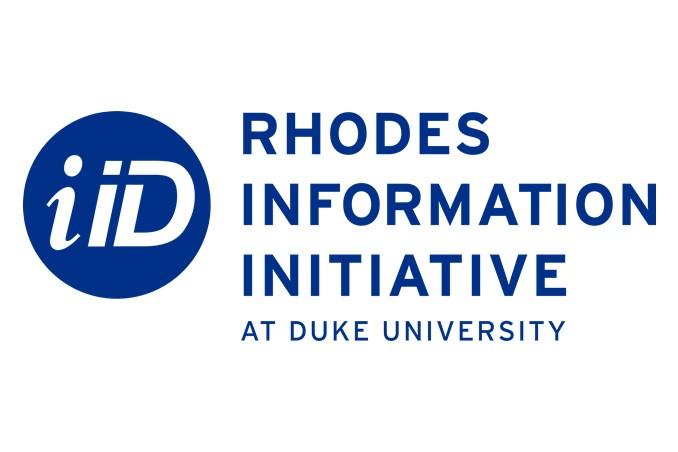Data Dialogue: Epidemiology for Community Organizing: Strengths & Limitations

Quantitative support for community health concerns can be a powerful organizing tool. It can also be used by state agencies and industry to exacerbate and justify harms. This talk will discuss the potential strengths and limitations of quantitative health research in support of community organizing exemplified in two projects: 1) Social determinants of health in Durham and 2) Aluminum smelting work exposures and health in Badin, NC. I argue that despite the field's history of efforts to address health inequities, most contemporary published epidemiology literature functions as a "white methodology" in collusion with racial capitalism. This literature largely does not reflect concerns voiced by our community collaborators, nor do analyses focus on race and gender disparities due to discriminate contamination and labor divisions. I will discuss the development of collaborative projects in response to residents' questions about disparate health outcomes of toxic exposures, and I will illustrate how such methods may both broaden the scientific knowledge base and support organizing towards developing an abolitional approach to epidemiology. Libby McClure is a PhD student in the Department of Epidemiology at the University of North Carolina-Chapel Hill and a health data analyst at DataWorks NC. Libby's work is focused on the ways in which historical and structural inequalities produce health disparities.






